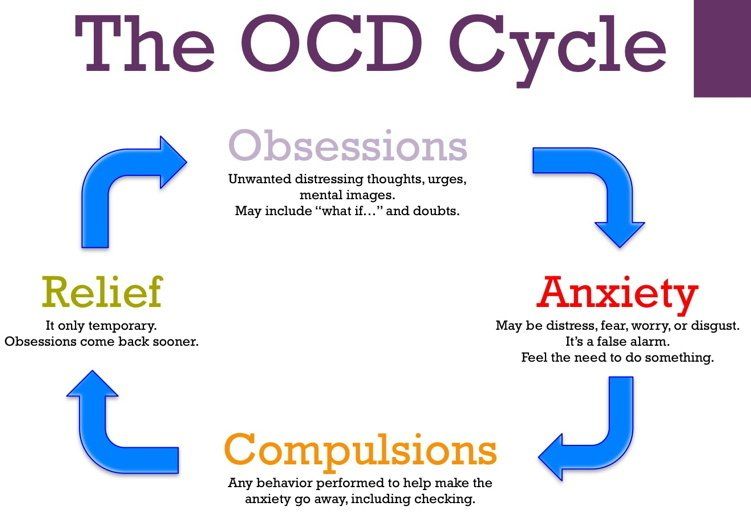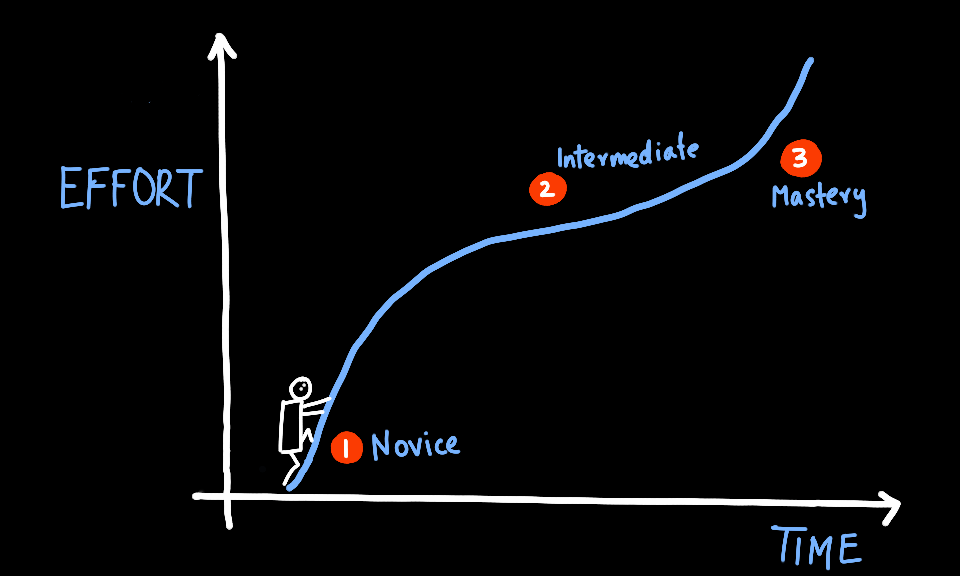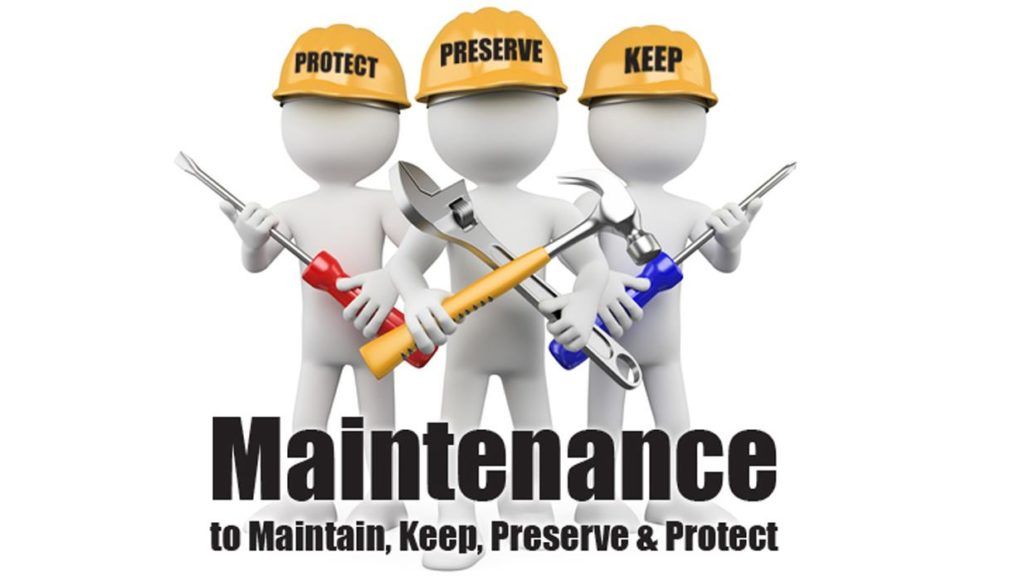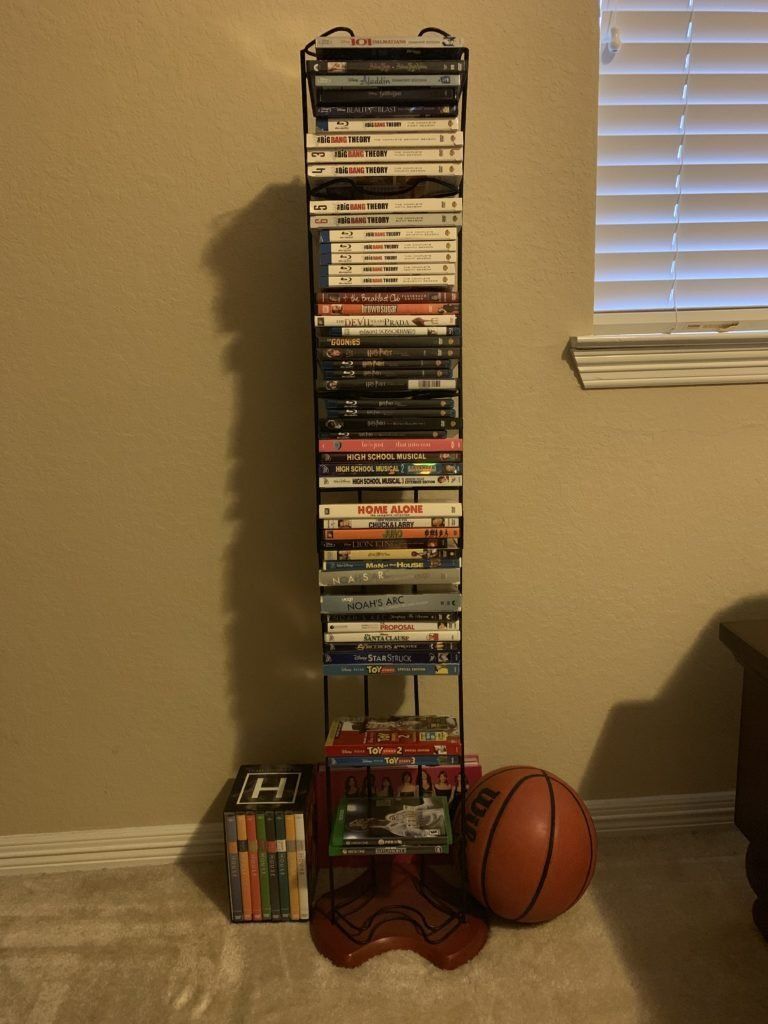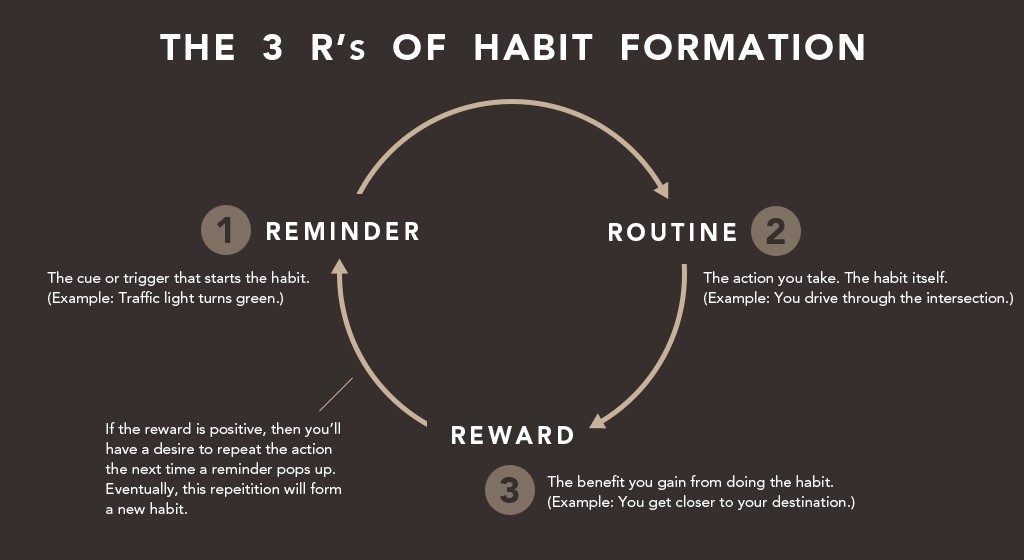How To Be An Effective Listening Ear
Over time of living with severe depression you begin to learn what does and does not “set you off” or cause you to shut down. For me, if I feel my feelings or what I am expressing is getting ignored or dismissed, I immediately shut down. I don’t like feeling like I am talking to someone that doesn’t really care for what I am saying or how I am feeling. I don’t typically share my feelings and when I do, I have worked really hard, mentally, to get to a point where I am comfortable sharing them. If I express my feelings and thoughts and emotions to you, I must really trust you. The last thing I want to hear after doing that is “you will be alright” or “you will figure out” and then we just move on to the next subject. Those dismissive phrases are not helpful and most of the time feel as if what I just expressed doesn’t matter. Nobody wants to feel like they do not matter. Below you will find some very helpful safe words and phrases to say to someone that is confiding in you. Having a support system and people that genuinely care about you in your corner can go a long way to helping anyone dealing with depression or any mental health issue.
What to Say – What Not to Say
WHAT TO SAY:
- We will get through this
- I’m here for you
- If there is something I can do to help, please tell me. (examples: run a warm bath, play soothing music, sit silently next to you or on the phone, etc)
- You deserve to be loved
- I love you so much
- The children love you so much
- This isn’t your fault. If I were ill, you wouldn’t blame me.
- You’re doing such a great job. Follow this up by providing examples. Praise is invaluable.
- You’re a great dad/mom/sister/brother/etc. Give specific examples such as “I love how you….”
- Point out specifics about how you see his/her old self returning. Give specific examples such as smiling again, laughing, more patience, going out with friends, etc.
WHAT NOT TO SAY:
- You will be alright/you will be strong/you will be fine. (To me, any variation of these statements are extremely dismissive and comes off as if the person does not care. It makes me feel more alone and less likely to open up in the future.)
- Think about everything you have to feel happy about. (He/she knows everything he/she has to feel happy about. One of the reasons they feel so guilty is that he/she is depressed despite these things.)
- Snap out of it. Chin up. (If he/she could, they would have already. He/she wouldn’t wish it on anybody. A person cannot snap out of an illness.)
- Just think positively. (It would be lovely if recovery were that simple. The nature of illness prevents positive thinking. Depression filters out positive input from the environment and only negative, guilt-ridden interpretations are perceived.)
- Just relax. (This suggestion produces the opposite effect! He/she is already frustrated at not being able to relax despite all the coping mechanisms that have worked in the past. This is not something he/she can will away.)
- If you are the one struggling or hurting, don’t say to others everything will be okay. (it’s not okay…. Be honest and ask for help from others)
- It’s all about the medication. (Medication is part of the answer to getting better, but lifestyle changes are also important. Don’t see change as a bad thing.)
Partners
Things to keep in mind:
- You didn’t cause his/her illness and you can’t take it away. (It is a biochemical disorder and it is no one’s fault. It is your job to support your partner as it happens.)
- No one expects you to fix it. (Many partners feel frustrated or inadequate when they are unable to fix the problem. Your job is not to try to take the problem away. Don’t suggest quick-fix solutions. This isn’t that kind of problem. Your job is to listen.)
- Don’t take it personally. (Irritability is common with depression/anxiety. Don’t allow yourself to become a verbal punching bag. It’s not good for anyone concerned. Your partner feels guilty after saying hurtful things to you. If you feel you didn’t deserve to be snapped at, explain that to your partner calmly.)
- Just being there with and for your partner is doing a great job. (Being present and letting your partner know you support them is often all your partner needs. Ask your partner what words they need to hear for reassurance and say them often daily.)
- Lower your expectations. (Your partner may be guilt-tripping about not measuring up to their own expectations and worrying that you will also be disappointed. Remember that taking care of your home and parenting your child(ren) is also your job. Helping with decision-making can be very helpful to your partner. Your relationship and family will emerge from this crisis stronger than ever.)
- Let your partner sleep at night. (Your partner needs 6 hours of sleep uninterrupted per night to complete a full sleep cycle and restore their biorhythms. If you want your partner back quicker help them to sleep.)
- Get the support you need so you can be there for your partner. (We frequently see the partner becoming depressed during or after their partner’s depression. You can avoid this by taking care of yourself and getting your own support from friends, family, or professionals. Make sure to get breaks from taking care of your family. Provide a stand-in support person while you are gone. Regular exercise or other stress reducing activity is important.
Discussion questions:
What are phrases, safe words, or support you want from your friends/family/partner when you are going through a hard time?
As the supporting partner, what phrases, safe words, support have you provided that has helped to see an improvement in your partner? Whether the improvement was big or small, improvement is improvement.
Comment below with your answers.
